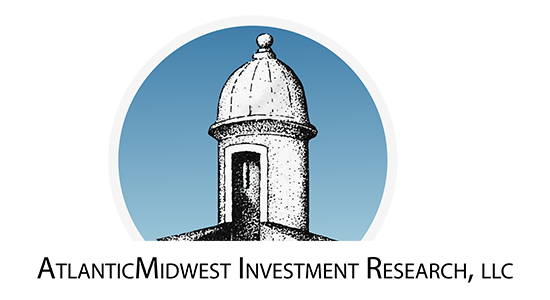- All
- April 2022
- March 2022
Five Common Misconceptions About Retirement
By Doug Reed |
Retirement is not what you retire from, but what you retire to When you plan for retirement, an exciting new phase of life, double-check your expectations. They may not match the reality. Baby boomers, currently in their 50s and 60s, view retirement differently than the previous generations. Many boomers consider retirement as an opportunity to…
What’s the Best Age to Receive Social Security?
By Doug Reed |
Advice from the Social Security Administration can guide your decision One of the most vexing questions for anyone planning for retirement is: “What’s the best age to start receiving Social Security benefits?” You’ve probably heard that you can begin receiving Social Security benefits at age 62 and that is true. But the benefits are “reduced”…
IRS Makes Contribution Limit Changes for 2022
By Doug Reed |
The Internal Revenue Service announced that the amount individuals can contribute to their 401(k) plans in 2022 has increased to $20,500, up from $19,500 for 2021 and 2020. From the IRS website: Highlights of Changes for 2022 “The contribution limit for employees who participate in 401(k), 403(b), most 457 plans, and the federal government’s Thrift…
Shielding Your Insurance from Estate Taxes
By Doug Reed |
The rules are very stringent, but your financial advisor can help navigate Life insurance, which can help to provide for your heirs in the event of your death, can be an important estate planning tool. It can provide funds to loved ones when they need it most and help meet your family’s financial obligations. One…
Charitable Giving Yields Tax Benefits for Businesses
By Doug Reed |
An economic downturn may not seem like the best time to increase charitable giving, but at the same time, the need for funding at many nonprofits is especially acute as a result of the current economy. In addition to supporting a worthy cause, you or your business can help lower your tax bill through cash…
5 Ways to Build A Better Tax Plan
By Doug Reed |
It’s important that as you build your plan, you think about some strategies to reduce or defer your taxes now or in the future. Here are some strategies to consider helping your financial plan become more tax-efficient: 1. Tax harvesting Usually, this strategy is implemented near the end of the calendar year, but it can…






